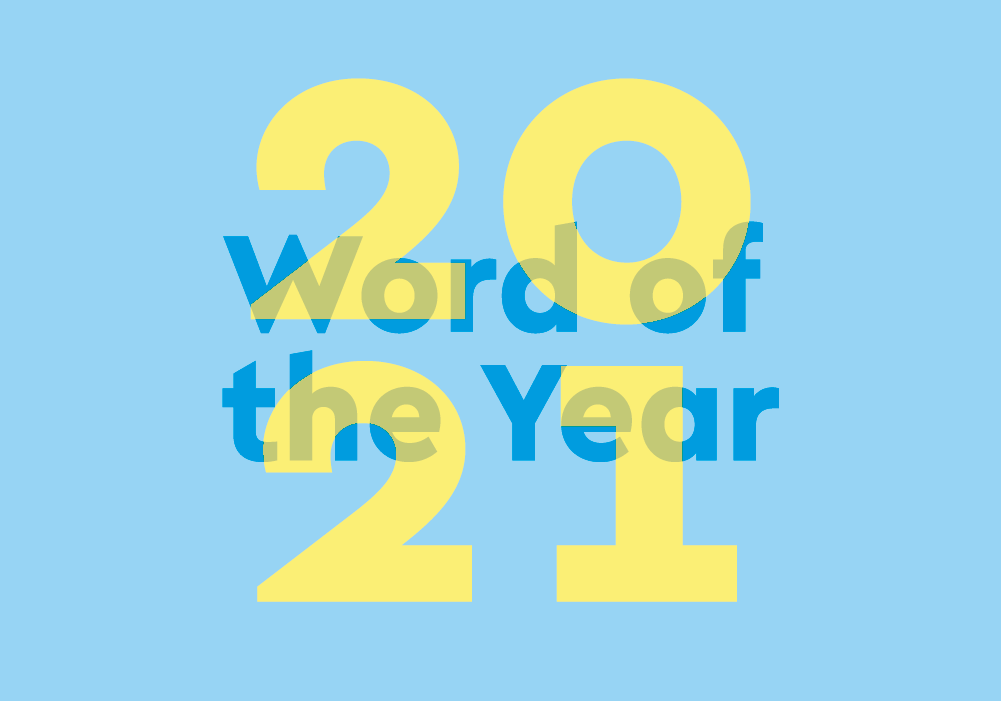
2021 was a year defined by the many ongoing impacts of the pandemic and the polarization of 2020—and the various ways we continue to grapple with them.
The vastness of such a year could never be fully summarized with a single word. But there is one word that’s intertwined with so many of the things we’ve experienced in 2021: allyship, our 2021 Word of the Year.
allyship (noun): the status or role of a person who advocates and actively works for the inclusion of a marginalized or politicized group in all areas of society, not as a member of that group but in solidarity with its struggle and point of view and under its leadership.
As our Word of the Year for 2021, allyship carries a special distinction this year: It marks the first time we’ve chosen a word that’s new to our dictionary as our Word of the Year.
Our addition of the word allyship to our dictionary in 2021—not to mention our decision to elevate it as our top word for the year—captures important ways the word continues to evolve in our language and reflects its increased prominence in our discourse.
Allyship acts as a powerful prism through which to view the defining events and experiences of 2021—and, crucially, how the public processed them. It also serves as a compelling throughline for much of our lexicographical, editorial, and educational work across Dictionary.com and Thesaurus.com this year.
And while we must acknowledge that efforts at allyshipare all too often insufficient and imperfect, the word nonetheless stands out for its role in the path out of the continued crises of 2020 for a better 2022.
Other words in our Word of the Year shortlist include critical race theory, burnout, and vaccine, all of which speak to important aspects of 2021 in their own distinct ways.



